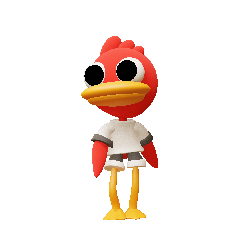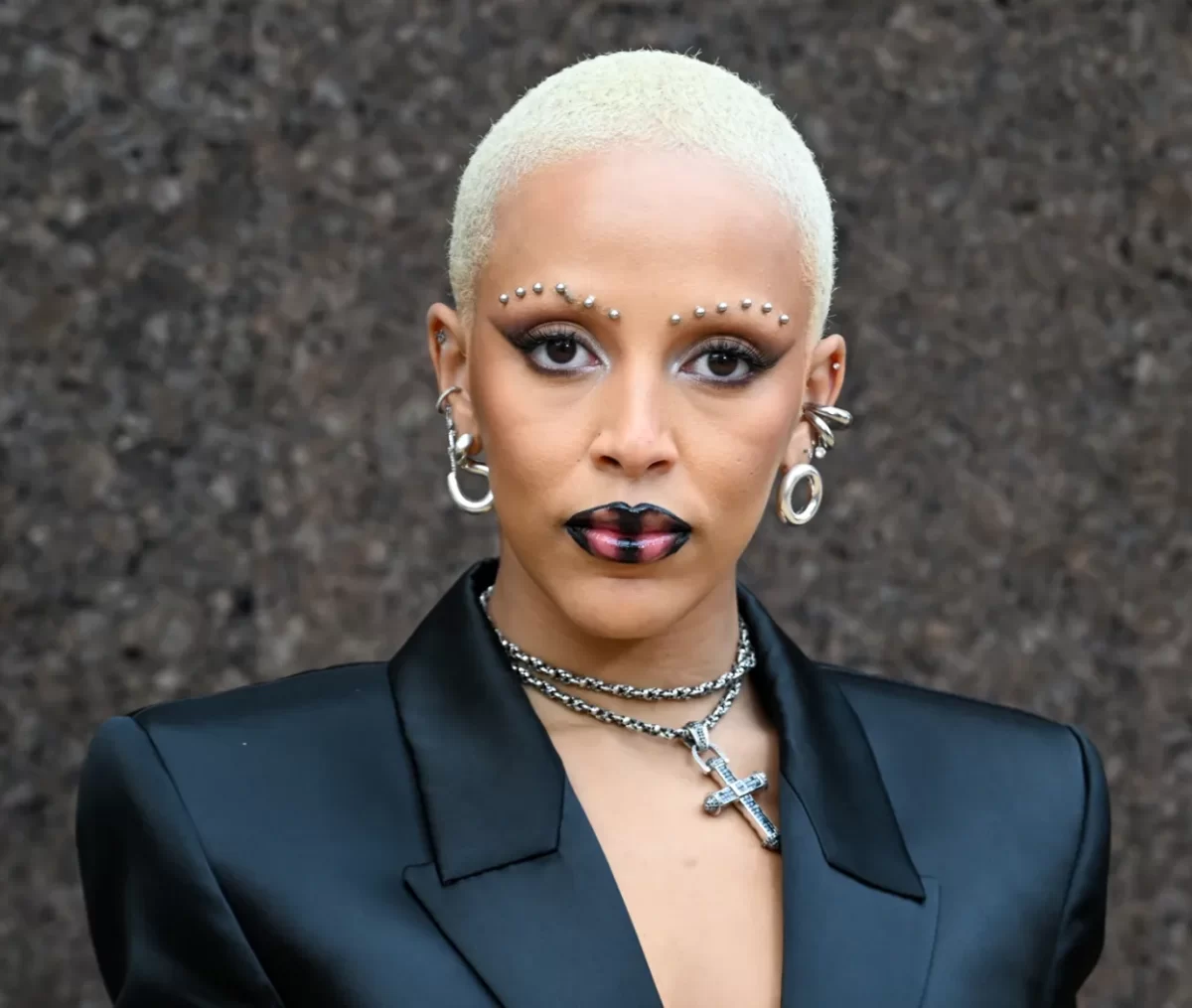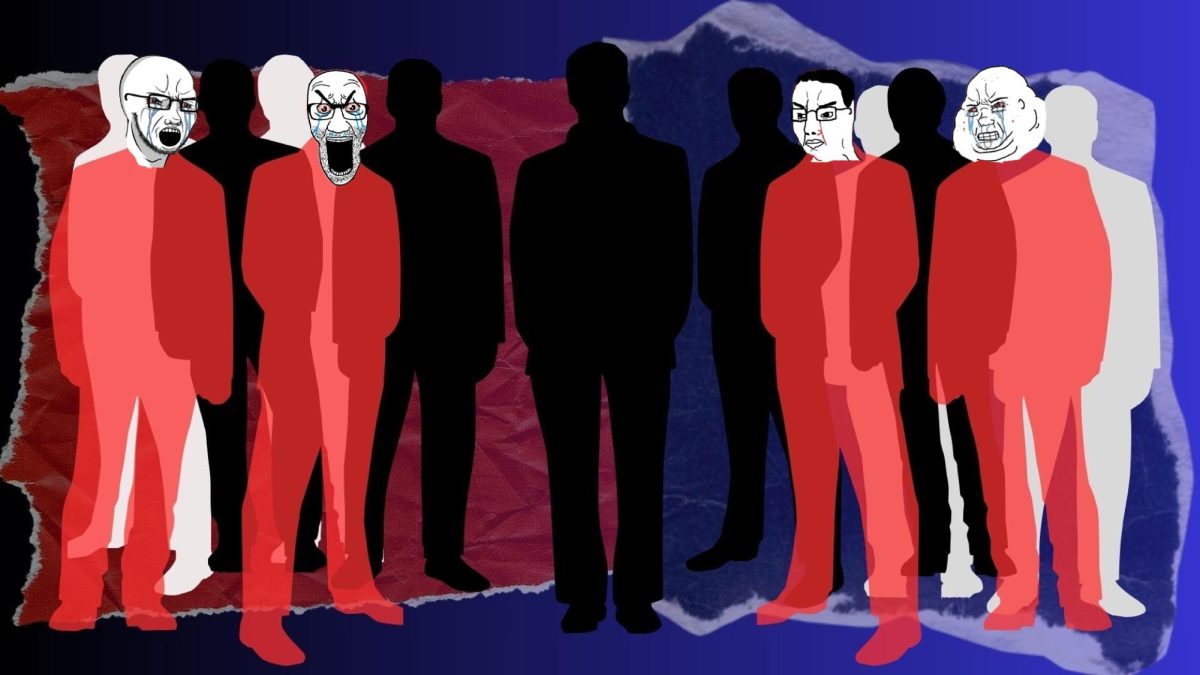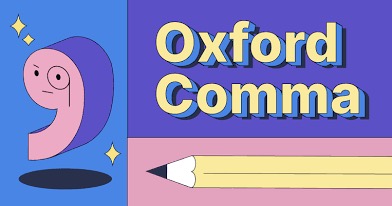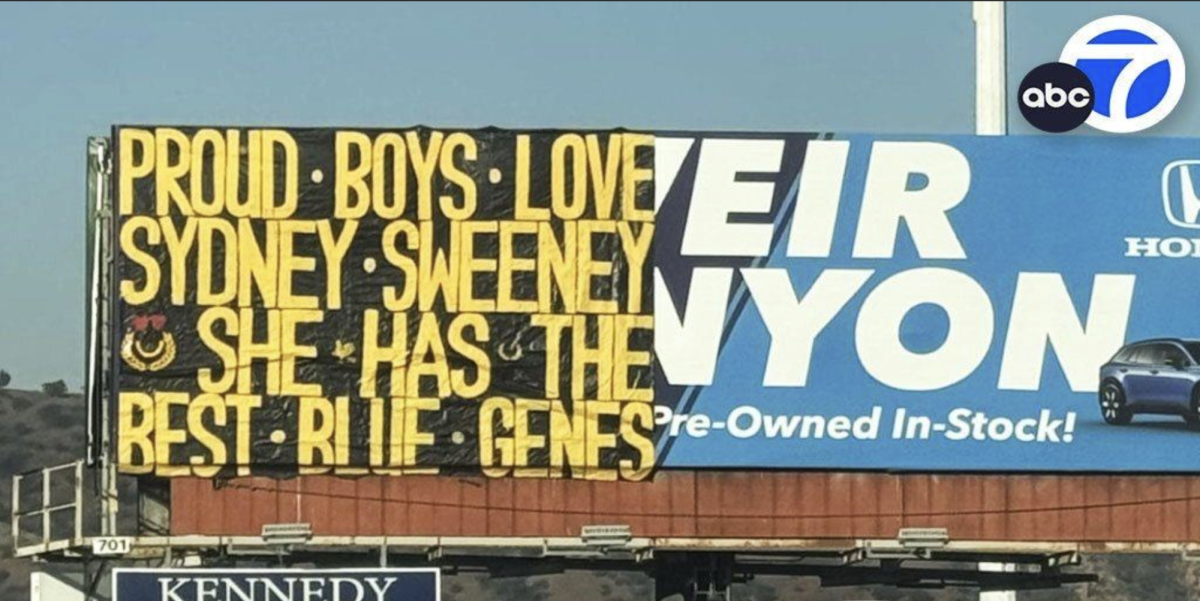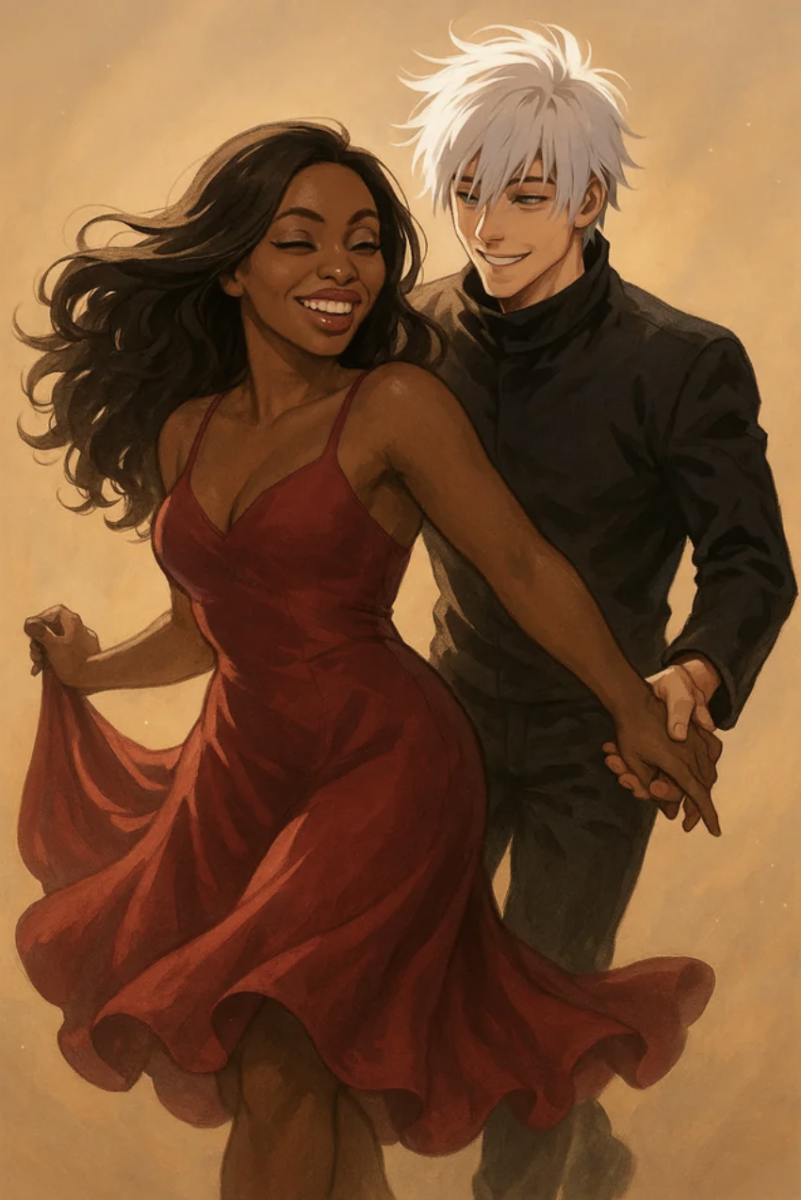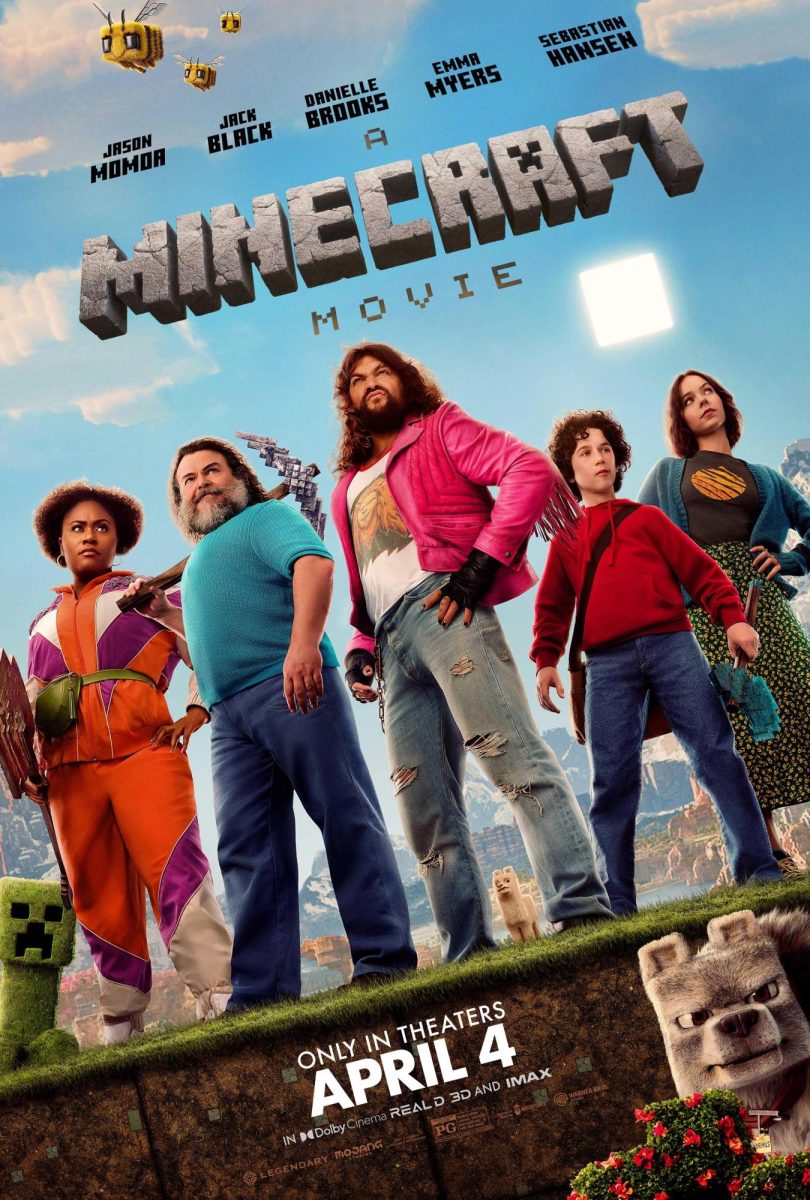It’s okay to be critical when it’s something you love, but there’s a line it crosses when it becomes harmful to whom it may concern.
The term “cancel culture” derives from online media, following a bandwagon of pure hatred toward a YouTuber, musician, etc. Multiple celebrities, from music to content creation, have been accused of immoral behavior that is incomparable.
Recent names we’ve seen in the media are Lizzo and her allegations, Doja Cat “hating” her fans, Ariana Grande, Ethan Slater and even Taylor Swift with The Eras Tour ticket prices.
A minor detail many fans overlook when adoring a content creator is that they’re human. Depending on the situation, they may not have a sense of control.
As fans, we have this strange parasocial relationship with our idols since we understand so much about them, but they know nothing about us. Parasocial relationships differentiate from what kind of content or music someone makes. The more ventures you’ve experienced with the person you follow, the more it develops. Typically, our idols love knowing and realizing how loyal fans are throughout the years.
As content buffs, we’ve gotten better at holding our favs accountable for their actions, no matter how minor they may seem. In previous years, YouTubers were becoming “canceled” left and right, prominently within the beauty community. People who still interacted with them were dragged into it as well. When taking a step back, it seems so silly and childish.
We hold our idols to a high standard they can’t even reach, while forgetting they’re not a product of the industry. They are people with emotions and feelings. It’s not wrong to criticize them for their wrongdoings, but it’s ridiculous when it’s pulled from 2005 while they’ve changed as a person since then.

